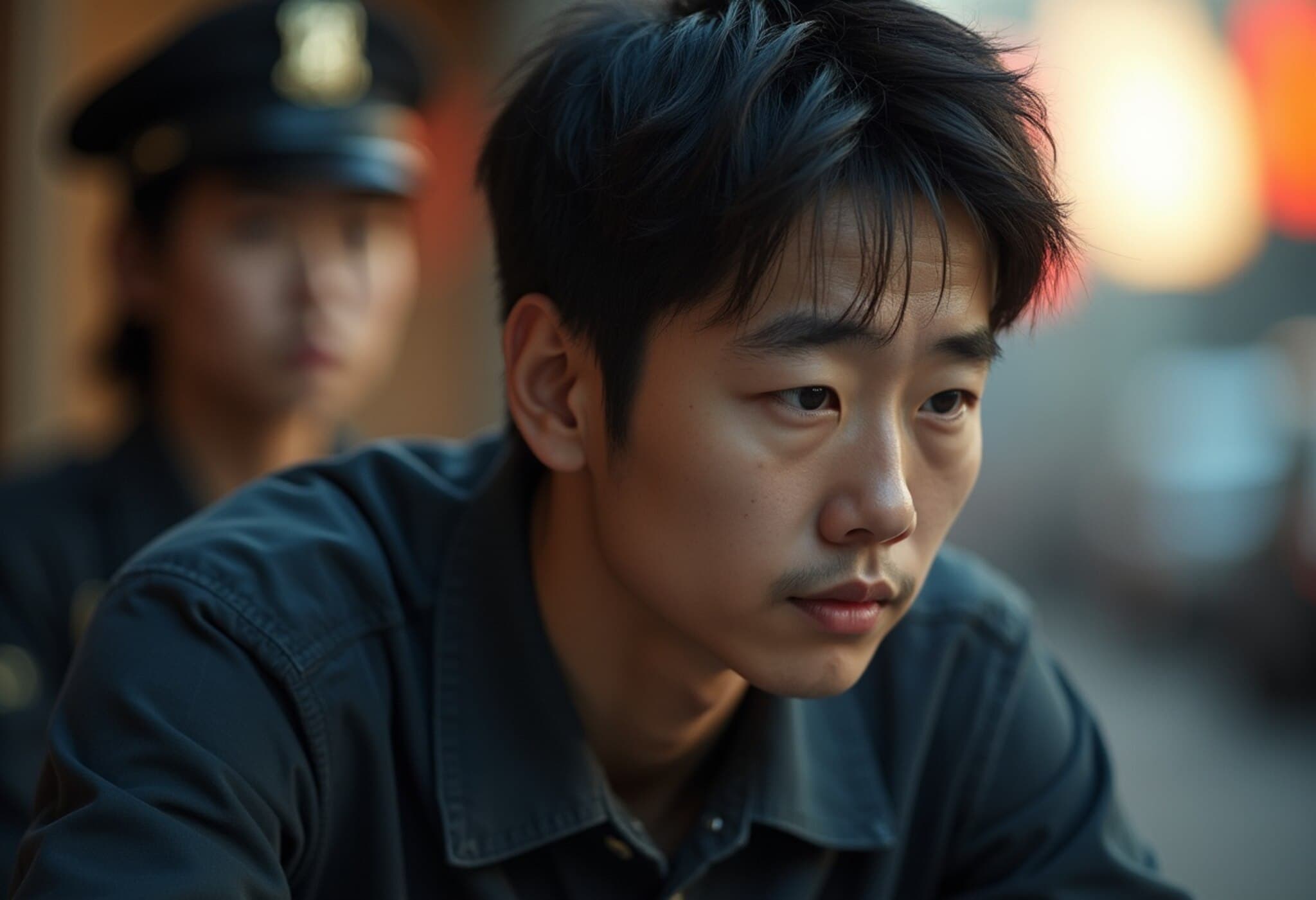Tragic Incident Involving Woman Claiming Royal Lineage
In a disturbing case that has shocked the community, Habiba Naveed, a 35-year-old woman who has claimed to be the daughter of Princess Diana and Dodi Fayed, admitted to fatally attacking her landlord and injuring his cat in London. The victim, Christopher Brown, was a 72-year-old lawyer found dead in his Lewisham home.
Claims and Mental Health Background
Naveed’s assertions that she is the offspring of Diana, Princess of Wales, have no basis in fact. Princess Diana, who died tragically in 1997 along with Dodi Fayed, had two sons—Prince William and Prince Harry—with Charles, the former Prince of Wales and current King of the United Kingdom.
More distressingly, Naveed also reported to authorities that she believes herself to be Jesus Christ, sent on a divine mission to "eliminate evil from the world." She claimed her landlord was evil and that she received voices instructing her to kill him. During the police investigation, it was revealed she had been diagnosed with paranoid schizophrenia, experiencing severe psychotic episodes.
Details of the Crime
According to court testimony and statements from prosecutor Kerry Broome, Naveed believed she witnessed Brown kill his own mother. She claimed to have heard voices urging her to kill Brown three times. The brutal attack involved striking Brown with a pan before strangling him to death.
In a further chilling development, Naveed stabbed Brown’s cat, Snow, believing the evil spirit to have transferred from Brown to the cat. She inflicted a fatal wound to the feline’s neck.
Legal and Societal Implications
The case has brought to light urgent conversations about mental health care, particularly for individuals suffering from severe psychiatric illnesses. Naveed’s downward spiral leading to this violent act illustrates the complex challenges in mental health interventions and the importance of timely, effective community support.
While the courtroom deals with the legal consequences, experts stress the need for broader awareness and policy improvements to prevent such tragedies. In the UK and the US alike, mental health resources remain underfunded and often inaccessible.
Contextual Insight: Mental Illness and the Criminal Justice System
- Mental illness, including schizophrenia, often complicates criminal responsibility and sentencing.
- Courts must balance public safety with compassionate treatment of offenders suffering from psychiatric disorders.
- There is a growing advocacy for diversion programs that connect mentally ill offenders to treatment rather than incarceration.
This case underscores the critical need for systemic reform in how society addresses mental health, especially when intersecting with criminal acts.
Understanding the Human Tragedy Behind the Headlines
Behind the sensationalist angle of a "royal lineage" claim is a profound human story about mental illness and violence. Naveed’s fanciful claims of being Princess Diana’s daughter or Jesus Christ likely stem from her psychosis, a symptom of her diagnosed schizophrenia. Such delusions, while baffling, are not uncommon in severe mental disorders and demand both empathy and clinical intervention.
For the victim’s family and community, the loss of Christopher Brown remains deeply tragic. For those looking to the future, the case is a stark reminder of the intertwining of mental health failures and violence.
Editor’s Note
This heartbreaking incident opens critical dialogues about the urgent integration of mental health services within communities and the justice system. It prompts us to reflect on how society can better identify and support individuals facing severe psychological challenges before they reach such tragic breaking points. Additionally, it challenges the media and public to approach stories involving mental illness with greater nuance and sensitivity, avoiding sensationalism that stigmatizes an already vulnerable population.
Key questions remain: How can mental health care be improved to prevent similar tragedies? What legal frameworks best balance public safety with mental health compassion? And how does society responsibly report on crimes involving psychological disorders without reinforcing harmful stereotypes?



















